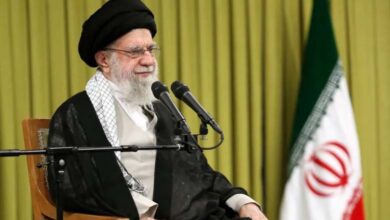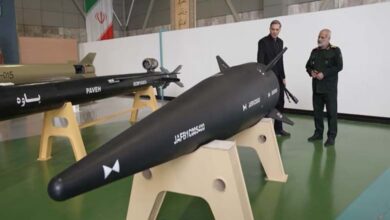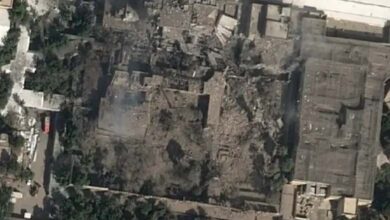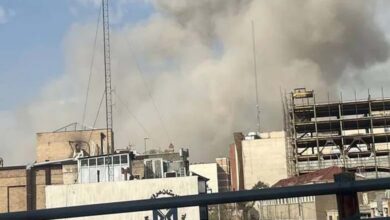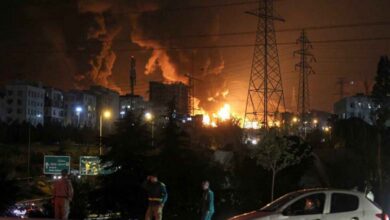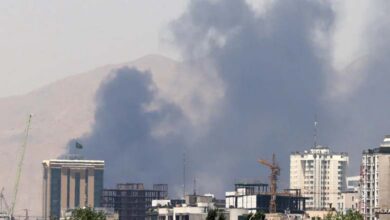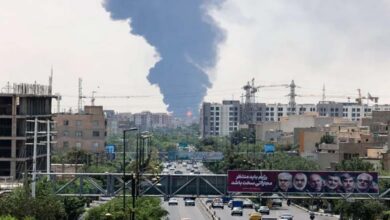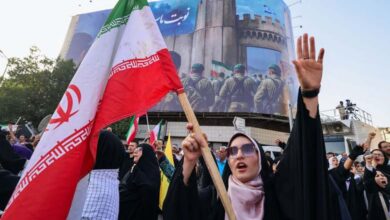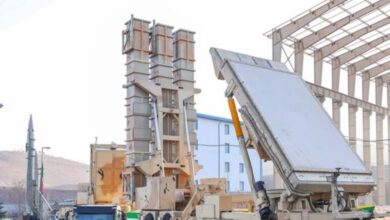Washington and Tehran discuss a ‘political ceasefire’
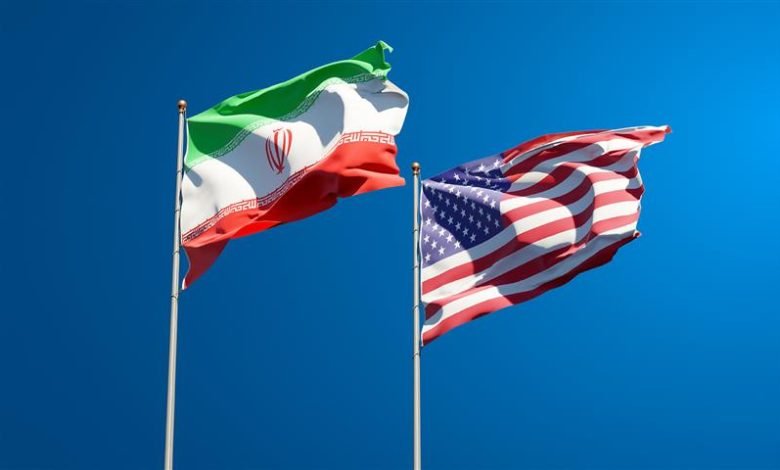
The New York Times, American newspaper, revealed the existence of contacts between Iran and the United States to negotiate an informal and unwritten agreement, or what some Iranians call an agreement for a “political ceasefire.” This information was repeated a few days ago by a spokesman for the Iranian Foreign Ministry, during which he pointed to efforts led by the Sultanate of Oman in this regard.
The goal of the quiet negotiations is to limit Iran’s nuclear program according to a roadmap that outlines negotiations, including ensuring that Tehran’s uranium enrichment does not exceed its limit or exceed its current production level, the U.S. newspaper said. Iran, in return, expects the United States to stop tightening sanctions and stop seeking new punitive resolutions at the United Nations or the International Atomic Energy Agency.
“The goal of the agreement is to cover any activity that essentially crosses the red line or puts either party in a position to retaliate in a way that destabilizes the current situation,” the newspaper quoted Ali Faiz, Iran director at the International Crisis Group, as saying. “The goal is to stabilize tensions and create time and space for future diplomacy and the nuclear deal to be discussed.”
This comes at a time when the Vienna indirect nuclear negotiations between Tehran and Washington have reached an impasse and efforts to revive them have stalled amidst requirements from both sides. Meanwhile, the United States has been preoccupied over the past months with the Russian invasion of Ukraine, a severe front for the Biden administration in the context of weakening Russia.
The Biden administration does not seem to want to open another front while focusing solely on supporting Ukraine and countering Russian and Chinese influence.
Dennis Ross, who helped craft Middle East policy for several U.S. presidents, said, “The Biden administration has no appetite for a new crisis,” as quoted by the New York Times, adding, “A modest agreement to avoid crises can be helpful, but only if they are time-limited.”
“Iran is building new underground facilities that will likely withstand American bunker busters that threaten its current nuclear sites,” he said.
The publication of this information comes days after a report published by the British Middle East Eye website said that “Tehran and Washington are close to reaching a temporary agreement to lift some of the sanctions imposed on Iran in view of the freeze of some of its activities in the field of uranium enrichment.”
But Iran’s Permanent Mission to the UN quickly denied the British or other reports that suggested the two sides were close to reaching an interim agreement.
Since April 2021, Iran has been engaged in indirect negotiations with the US under the auspices of parties to the 2015 nuclear deal to revitalize it after America unilaterally withdrew from it in 2018 under former President Donald Trump, who called it a “flawed deal.” The Islamic Republic later responded by violating its obligations under the so-called “joint action agreement,” and in the past months it has ramped up uranium enrichment operations 23 times more than stipulated in a move that is closer to the level required to build a nuclear bomb.
But negotiations over which hopes of defusing tensions and curbing Iran’s nuclear program faded in September after seven rounds of talks that bogged down, but as soon as signs of a breakthrough emerged, efforts faltered again and ended with the Western parties deeming the Iranian response to a draft understanding as “unconstructive.”


